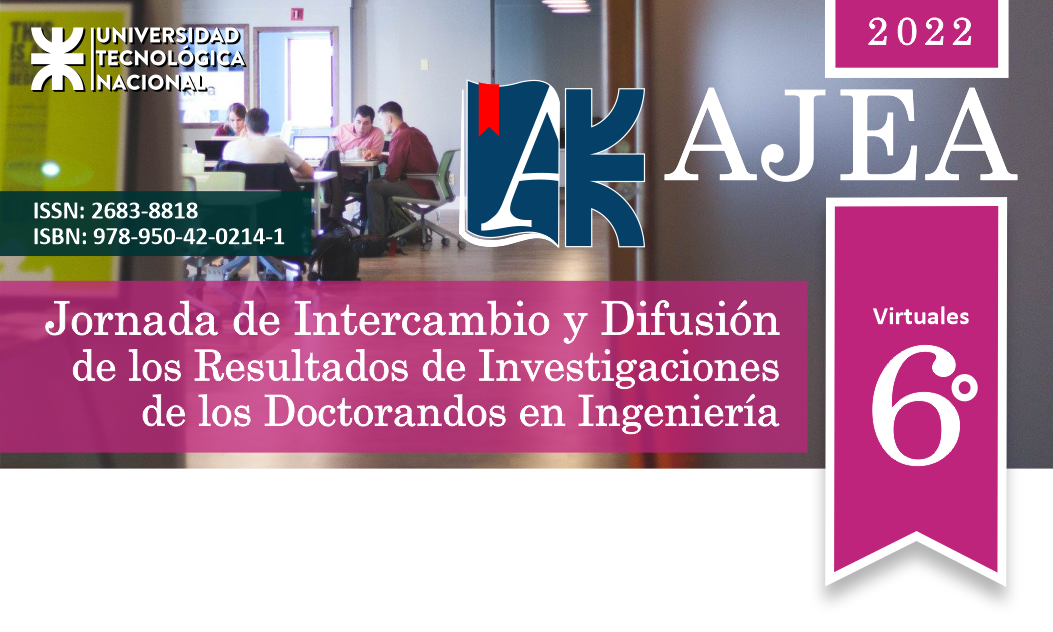Fatigue evaluation of rubber-modified asphalts using the dynamic shear rheometer
DOI:
https://doi.org/10.33414/ajea.1114.2022Keywords:
fatigue, asphalt, rheologyAbstract
Fatigue resistance is one of the most frequent and complex problems to predict in asphalt pavements. Due to its viscoelastic nature, asphalt is the material that presents the greatest contribution to fatigue within the asphalt mixture. Over the years, the fatigue study of asphalt, both conventional and modified, has been considerably improved, promoting new techniques that allow a correct characterization of this pathology.
In the present work, the behavior of modified asphalts with high rates of rubber from used tires (15% and 25%) was evaluated with the dynamic shear rheometer (DSR) by means of the sweep test of linear amplitude (LAS, linear amplitude sweep test). This test consists of evaluating the sample at increasing oscillatory amplitudes, in such a way as to accumulate the damage in the sample, in the range in which fatigue occurs in the asphalt. The results are evaluated using the simplified theory of continuous viscoelastic damage, which reveals the fatigue strength of asphalt, making it independent of the type and intensity of the applied load.










